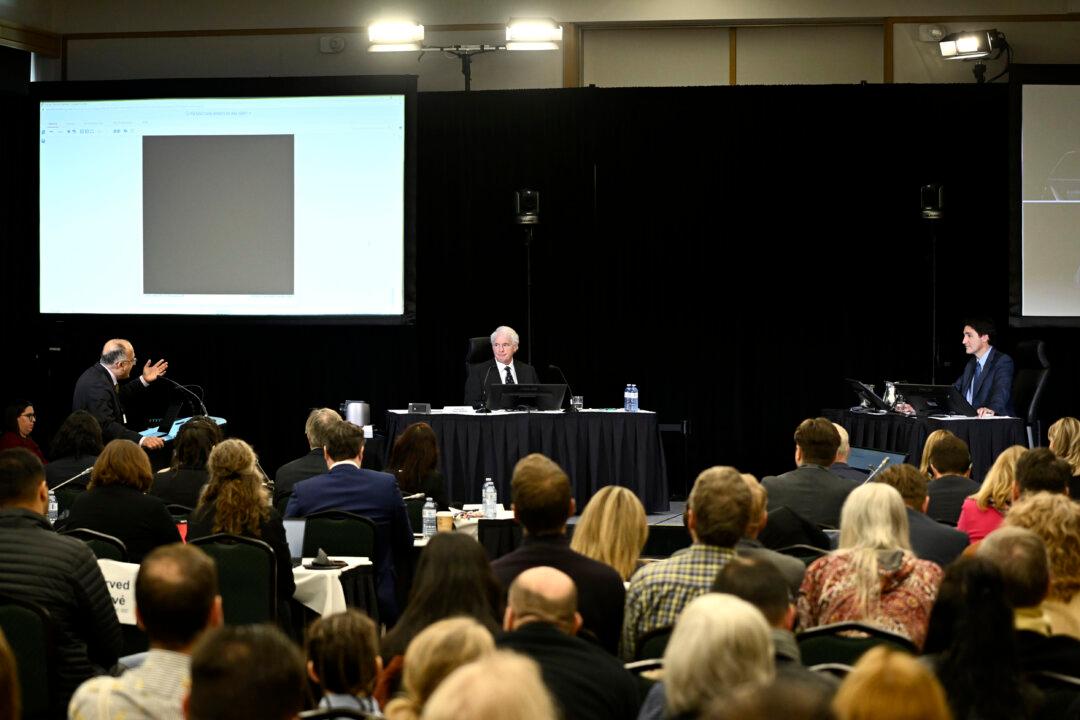The threshold to invoke the Emergencies Act should not be lower than for the Canadian Security Intelligence Service (CSIS) to launch a national security investigation, Prime Minister Justin Trudeau told the Public Order Emergency Commission on Nov. 25.
“I would put to you that when invoking the Emergencies Act … the level of thresholds of the security threat that must be met cannot be any lower than it is when CSIS is proposing to surveil one person, that the threshold is no different. Do you agree with that?” asked Ewa Krajewska, counsel for the Canadian Civil Liberties Association.





